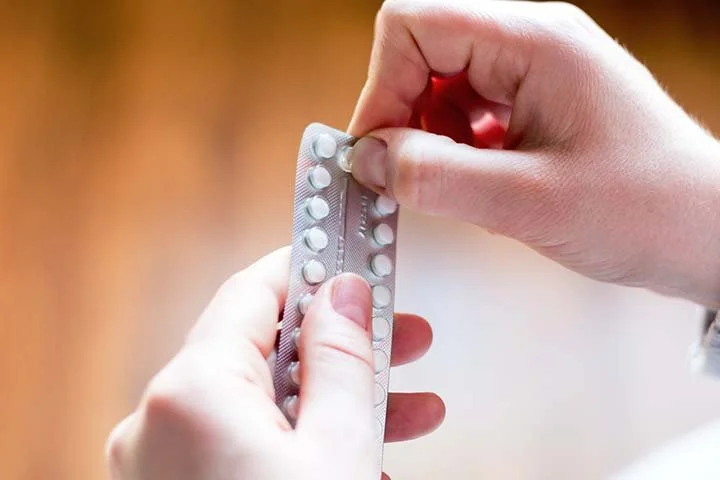Women's Safe Period: Understanding and Calculating It
Every woman's menstrual cycle is different, and understanding your safe period can help you prevent unwanted pregnancies. The safe period is the time during a woman's menstrual cycle when she is least likely to become pregnant. While no method is 100% effective, understanding your safe period can help you make informed decisions about your sexual health.
Calculating your safe period requires an understanding of your menstrual cycle. The menstrual cycle is the time between the first day of your period and the start of your next period. The average menstrual cycle lasts between 28 and 32 days, but some women may have cycles as short as 21 days or as long as 35 days.
To calculate your safe period, you need to know the length of your menstrual cycle. The safe period is considered to be the period of time from the first day of your period to the day before ovulation and the period of time from three days after ovulation to the end of your menstrual cycle.
For example, if you have a menstrual cycle that lasts 28 days, your ovulation period will typically be around day 14. Your safe period would then be from day 1 to day 13 and from day 17 to day 28. During this time, you are less likely to become pregnant.
It's important to note that the safe period is not a foolproof method of birth control, and there is still a risk of pregnancy during this time. Factors such as irregular menstrual cycles, stress, and hormonal changes can also affect ovulation and make it difficult to predict your safe period accurately.
To be safe, it's recommended that you use additional methods of birth control, such as condoms or birth control pills, in addition to tracking your safe period. This can help to ensure maximum protection against unwanted pregnancies.
In conclusion, understanding your safe period is an important aspect of your sexual health as a woman. By calculating your safe period, you can make informed decisions about your birth control and reduce the risk of unwanted pregnancies. Remember to always use additional methods of birth control and consult with your healthcare provider if you have any concerns or questions about your menstrual cycle.








